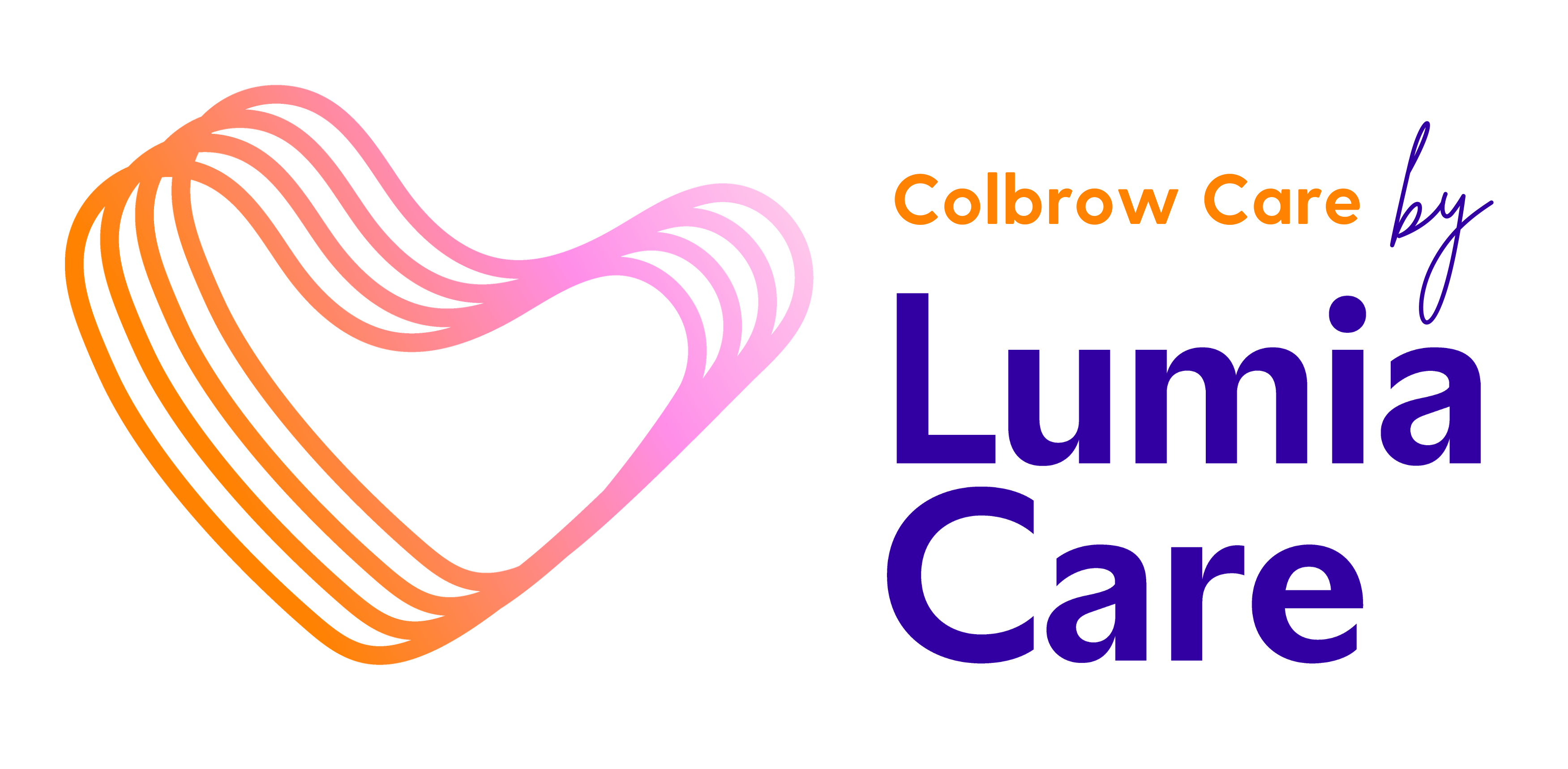The Services that are Available to you as a Participant
As a participant in the NDIS, you are eligible for a range of disability support services that will be provided in line with the goals, objectives and aspirations of your plan.
As a part of these services, you may be eligible for a range of services at home to help you successfully perform daily tasks that assist you in being able to live that life that you want.
Below are just some of the services that may be available to you depending on your circumstances.
Personal Disability Home Care
Personal home care provides assistance with daily personal activities in order to maximize your functionality and independence. Your age and circumstances are taken into account when these services are being provided. The type of services that you may be able to get under your plan include but are not limited to:
- assistance with showering, bathing and washing and drying of hair
- maintenance of oral hygiene including cleaning teeth, dentures and plates
- help with dressing and undressing
- assistance with skin care
- general grooming including brushing and styling of hair and application of makeup
- preparation of meals and assistance with eating and drinking
- assistance with taking medication
- help with going to the toilet including assistance using bedpans, urinals and commode chairs
- bladder and bowel management including assistance with using continence aids
- Assistance with menstrual hygiene and care
- help with using technological aids such as hearing aids
- help with using telecommunication devices including mobile phones and laptops
- assistance with using domestic appliances
- assistance with mobility including getting in and out of bed, getting in and out of seats and on and off the toilet. Help with using wheelchairs, crutches, quadruped-walkers, walking –frames, walking-sticks, mechanical lifting-devices, bed rails and slide sheets
- professional nursing including pain management and care of wounds or sores
- basic first aid for injuries sustained as a result of a participant’s disability including application of splints and slings
- any allied health service that will help achieve life goals and aspirations for people living with a severe and permanent disability. This may include early intervention programs, long term therapy and care that prevents functional decline.
In addition, you may be eligible for any training that is likely to reduce your longer term support costs by building your capacity to independently perform personal care activities. This may include education on how to plan and perform everyday tasks including cooking, cleaning, budgeting, using aids, appliances and telecommunication devices and understanding how to access and use various forms of transport.
In Home Personal Disability Care for Children
Personal care supports for children are not intended to replace the usual care and supervision provided, or paid for, by a parent. However, the NDIA may fund personal care supports for children with complex needs where the level of support needed is beyond the level usually required for children of the same age. This may include:
- support to help your child become emotionally secure and independent
- help in overcoming behavioral difficulties
- support with everyday tasks including but not limited to getting dressed and undressed, showering, preparing meals and general personal hygiene
- support with social skills including building friendships, developing confidence to participate in activities and fostering independent learning skills such as the ability to access and use various modes of transport
In Home Disability Care Support for Recreational Activities
Recreation is any activity, pastime or hobby that is carried out for your enjoyment or leisure. Recreation can offer you opportunities for social inclusion and participation, can improve your skills and capabilities and enhance your health and well-being. Support is provided on the basis that the activity pursued develops greater social networks or inclusion in the community. This may include but is not limited to:
- assistance with changing into sports clothes
- assistance with preparing equipment
- assistance with packing and unpacking equipment
- Assistance with preparation for physical activities ensuring dietary and hydration needs are met
Sustaining informal In Home Disability Care Supports
The informal support provided by parents, siblings and other family members is vitally important to people with disabilities. In addition to the support provided, the close relationships that you as a participant have with the people who provide this informal support can also be highly important.
Therefore, the ongoing capacity of family members and care givers to provide these informal supports can often be critical to your wellbeing and this may include respite to allow family members or care givers to have time to look after their personal affairs.
Respite care can be provided for a couple of hours to allow the caregiver to run errands or pay bills, for overnight stays when the caregiver needs to have some uninterrupted rest or for a few weeks at a time to allow the person giving care time to have a holiday and regenerate both physically and mentally.
Want to know more about the Disability Home Care Services Available to you?
Colbrow Care is a registered provider under the National Disability Insurance Scheme and we are ready now to answer any questions you have so you can obtain the services you need to meet your goals and aspirations.
We have access to a wide range of professional in-home disability care services and can manage your NDIS plan or assist you in managing your own so you can be sure that you maximise the benefits you receive across the life of your plan.
For more information, visit www.ndis.gov.au or call 1800 800 110 or contact Colbrow Care on 1300 33 11 03.








